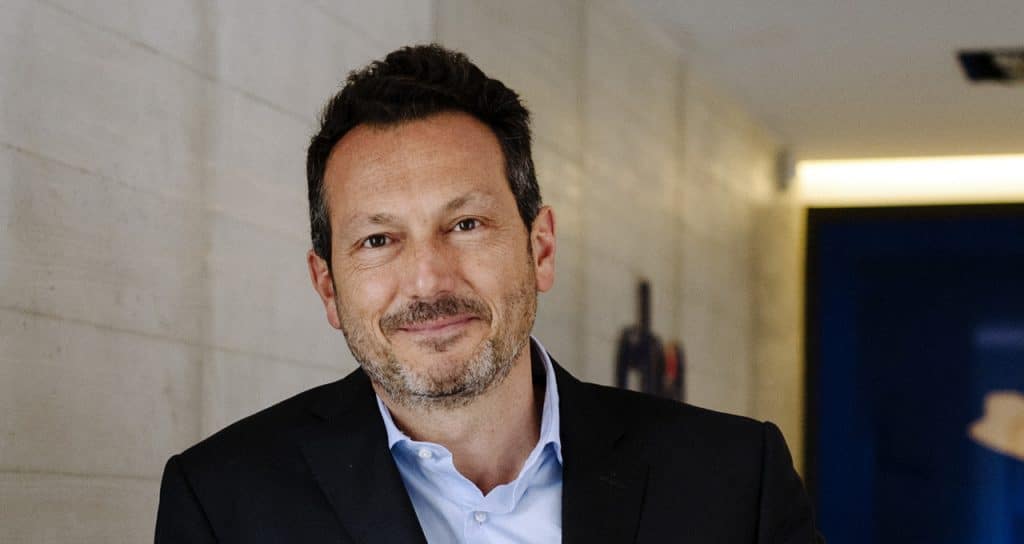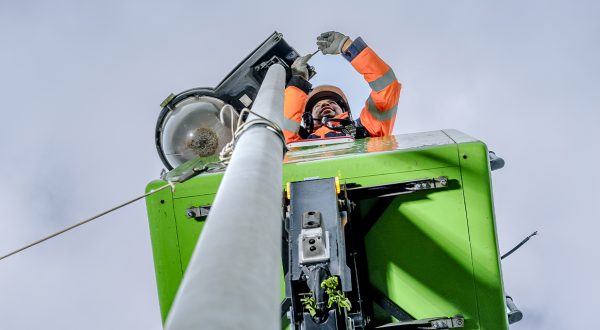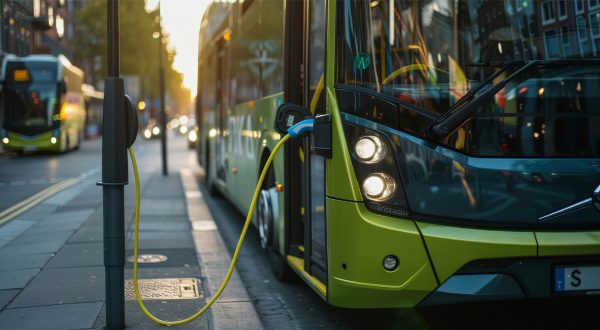Collective intelligence will help co-create the city of the future
Reading time: 4 min
Martin Duval, co-founder of the company Bluenove, explains how civic technology like his platform for debate Assembl is transforming and speeding up collaboration between citizens and local authorities.

Citizens want to engage in effective ways in the process of redefining cities. And thanks to digital technology, this has created a new paradigm for all decision makers. Not just decision makers in the world of politics, as we saw with programme development during the 2017 presidential election campaign, but also in business and in city governance bodies, where the idea of collaborating on projects is gradually gaining ground.
To support this transformation, Bluenove developed the Assembl platform, a tool for massive-scale, digital collective intelligence which was used by the City of Paris to engage residents in the development of the “smart city to 2020 and beyond” strategic plan. Martin Duval, co-director of Bluenove, outlines how the “co-creation of new knowledge” using civic technology will enable local authorities to build the city of the future.
In terms of collectively building a city, what does your platform Assembl do that conventional forums or suggestion boxes don’t?
M.D. Assembl is a tool that takes up a key issue, initiates a discussion about it with thousands of people and helps co-create a deliverable within two months that has been put together by all of the participants. The deliverable can be an action plan, a series of projects, a manifesto or a set of recommendations. The platform uses the forum feature which is based on artificial intelligence (AI), but everything is managed with human intervention. We’re not believers in debates run automatically by machines. Facilitators retrieve AI-detected ideas that emerge in the conversations, before entering a new topic that can appear during the debate and move it forward. I prefer the concept of “smart citizen” to “smart city”, which can have technological connotations.
In what way is civic technology changing the relationship between citizens and governments?
M.D. Civic technology is used to generate collective intelligence. We have reached a tipping point. Thanks to this technology, we’re emerging from an era characterised by a lack of methodology – the era of the referendum. Brexit represents the most basic level of collective intelligence since it involved a single question which could be answered in only one of two ways. The British people could have been asked a different question: “How could the UK take best advantage of Europe?” A big debate of this kind could have yielded a series of recommendations and an action plan jointly developed by citizens. Civic technology opens up the possibility of a democratic process of co-creation or collective decision making. It will change the working methods of many senior executives and elected officials, who will be surprised by the extent of the innovation that arises out of such debates.
What feedback have you had from these experiences?
M.D. Assembl was used by the City of Paris to submit a draft of its “smart city to 2020 and beyond” strategic plan to residents in 2016. Citizens added their voices to the plan via the platform. Again in 2016, a debate on Assembl provided input for the “Cities for life” event prior to the conference, resulting in a deliverable entitled “45 recommendations for inclusive, smart cities”. Accredited by UGAP, the French body that manages the catalogue of state-approved suppliers, Assembl can also help reinvent the concept of public consultation, providing a forum for discussion with all stakeholders and reducing an often slow and costly process to two months.

17/05/2018


